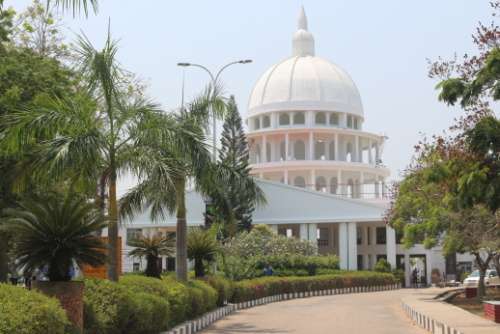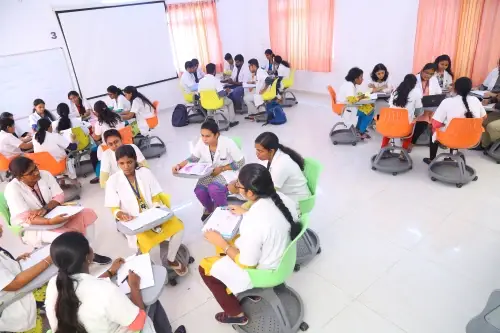Authentic assessments are often more engaging, interesting, and motivating for students due to their relevance, while also cultivating lifelong learners equipped with employability skills. As educators, we can leverage assessments to scaffold and nurture our students, checking their understanding and providing feedback for improvement. Regardless of our role in the assessment process, this conference offered enlightening discussions to inspire dynamic responses and provide practical guidelines for implementation.
The pre-conference workshops (PCWs) on the first day of iCON 2023 – 3rd International Conference on Innovations in Health Professions Education provided a rich platform for participants to dive deep and delve into various aspects of medical education. The workshops were designed and conducted by renowned experts from around the globe, offering valuable insights into innovative teaching and assessment methodologies.
Dr. Avinash Supe’s talk titled “Assessment in the era of AI” was a real eye-opener on the scope of using AI for assessment purposes. The Open Forum – “What Next? – Improving Students’ Outcomes in National Exit Exams” moderated by Dr Deepthi Shastri, Salem featured a galaxy of Panellists: Dr. Sheng-Po Kao, from Taiwan, Dr. Tejinder Singh, Punjab, Dr.P.F. Kotur, Pondicherry, Dr. Latha Ravichandran, Chennai and Dr. Nachiket Shankar, Bengaluru. The session explored the ways and means to improve student outcomes in the national-level exit tests and also how to use data from these exams to improve the learning cycle.
The comprehensive scientific program of iCON 2023 addressed various aspects of assessment in medical education, featuring renowned speakers, panel discussions, tech talks, and interactive sessions. The diverse topics covered authentic assessment, clinical competencies, AI in assessment, simulation, professionalism, and technology-driven assessment methods. The inclusion of an open forum and interactive sessions encouraged active participation and knowledge exchange among attendees. The use of gaming activities reduced the cognitive load of the event. The program concluded with recognizing outstanding contributions through awards, and a valedictory session.





Documents







